People spend 46.9 percent of their waking hours thinking about something other than what they’re doing, and this mind-wandering typically makes them unhappy. So says a study that used an iPhone Web app to gather 250,000 data points on subjects’ thoughts, feelings, and actions as they went about their lives.
The research, by psychologists Matthew A. Killingsworth and Daniel T. Gilbert of Harvard University, is described this week in the journal Science.
http://news.harvard.edu/gazette/story/2010/11/wandering-mind-not-a-happy-mind/

Other news reports on the study:

About 2600 years ago Buddha discovered this phenomenon of the wandering mind stated above and he called it "papanca" in Parli. It is translated as Thought Proliferation or Conceptual Proliferation by some Buddhist scholars. In some forms of Buddhism it is called the "monkey mind."
Thanissaro Bhikkhu says "What one feels, one perceives (labels in the mind). What one perceives, one thinks about. What one thinks about, one "papañcizes." Through the process of papañca, the agent then becomes a victim of his/her own patterns of thinking: Based on what a person papañcizes, the perceptions & categories of papañca assail him/her with regard to past, present, & future forms cognizable via the eye [as with the remaining senses]".
Unhappiness (stress or suffering) is caused by Mental Proliferation-it is like a 'cancer' in the mind
Not only Buddha discovered this process of mental proliferation (papanca) he also gave a solution to how to fix it. This is Mindfulness Meditation.















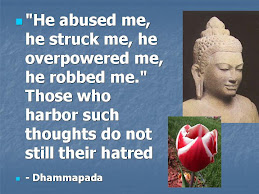

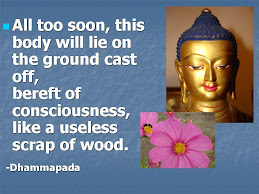


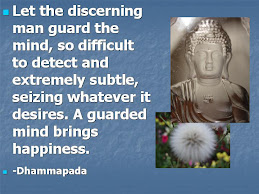



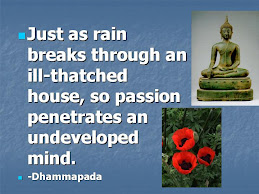


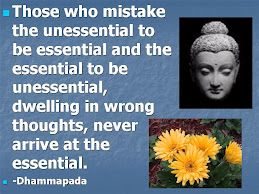
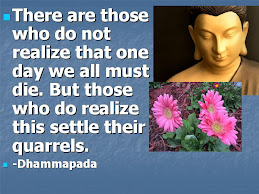
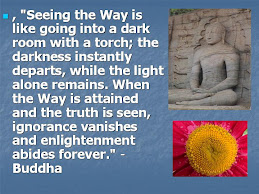

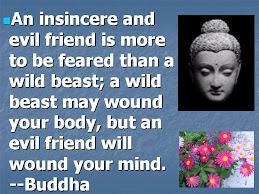


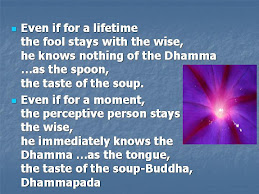



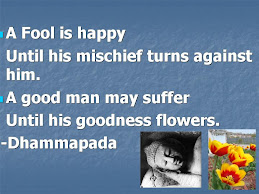
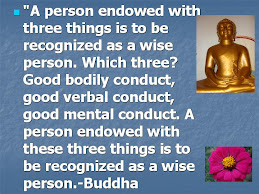

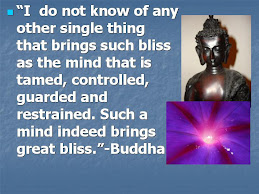
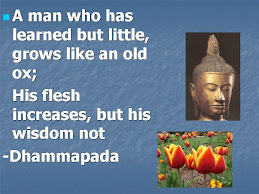
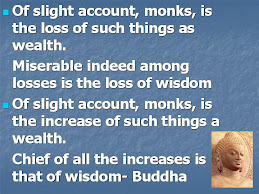

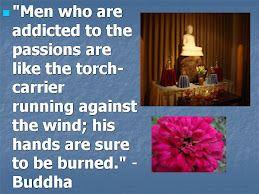


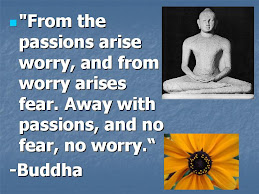
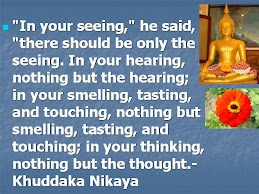




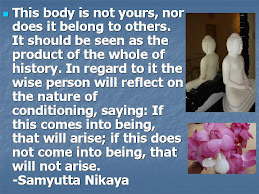
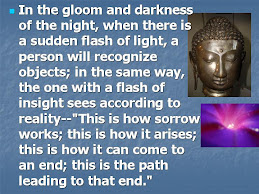
















No comments:
Post a Comment